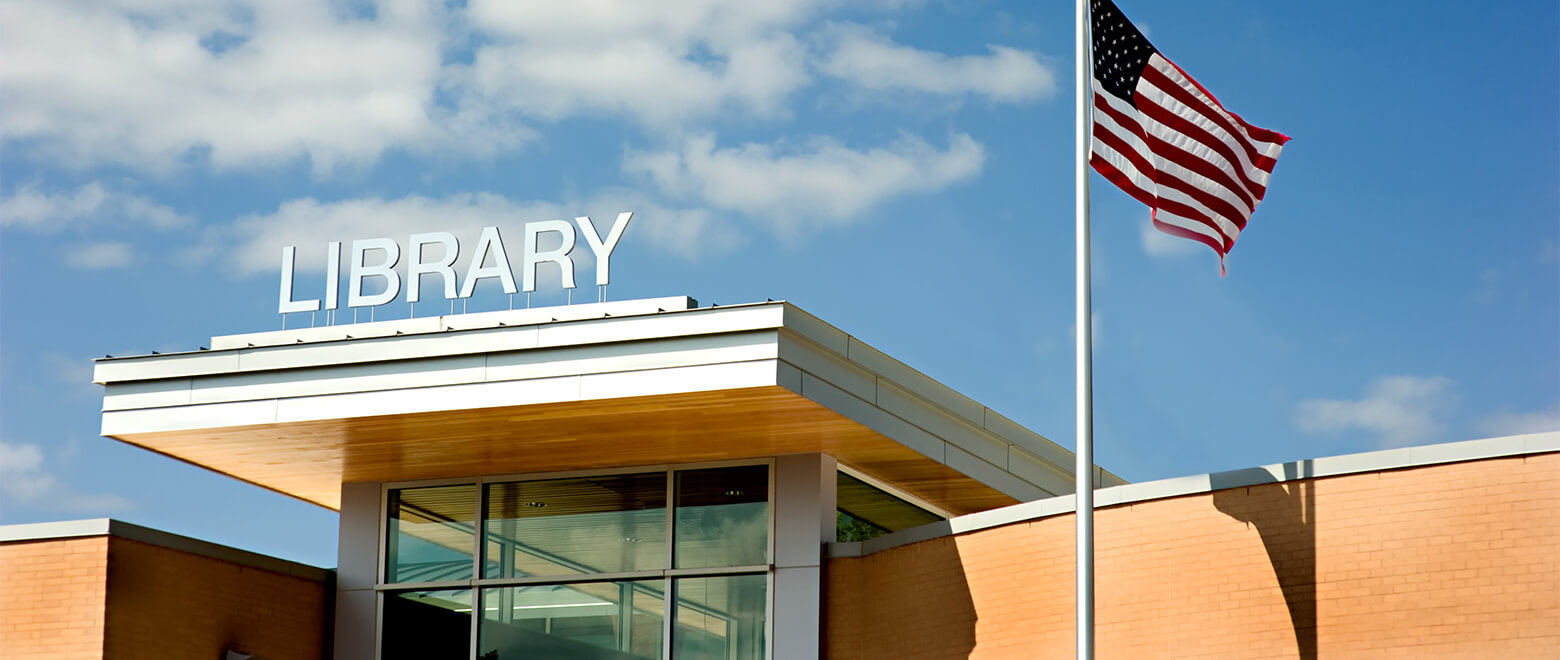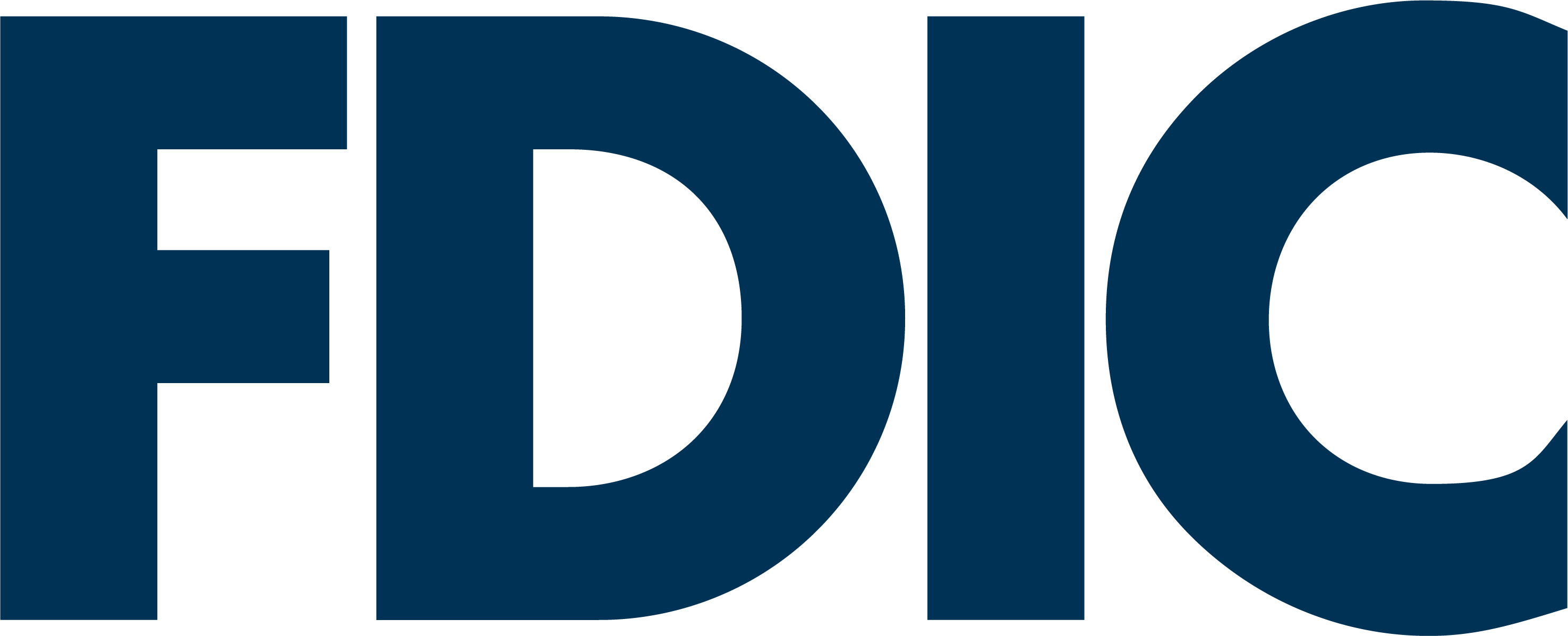
USDA Community & Facilities Guaranteed Loan Program (CF)
Apply for a loan and build your community with us.
This USDA lending program provides loan guarantees to eligible lenders to develop essential community facilities in rural areas. An essential community facility is defined as a public improvement, operated on a non-profit basis, needed for the orderly development of a rural community where the rural community is a city or town, or its equivalent county or multi-county area.How can loan funds be used? Eligible uses include, but are not limited to:
-
Health Care facilities and services, including but not limited to hospitals
- Fire, rescue, and public safety facilities and services
- Community, public, social, educational, or cultural facilities or services
- Transportation facilities such as streets, bridges, roads, ports, and airports
- Certain utility projects when not eligible for Rural Utilities Service financing, gas distribution systems, recycling and transfer centers or stations
- Telecommunications end-user equipment when related to public safety, medical, or educational telecommunication links when not eligible for Rural Utilities Service financing
- Water infrastructure facilities such as levees, dams, reservoirs, inland waterways, canals, and irrigation systems
- Purchase and installation of renewable energy systems for use by an essential community facility (conditions apply)
- Land acquisition and necessary site preparation including access ways and utility extensions to and throughout an industrial park site
- Community parks, community activity centers, and similar types of facilities
What can loan funds NOT be used for?
-
Lines of credit
- Owner-occupied and rental housing
- Golf courses or golf course infrastructure
- Racetracks or gambling facilities
- Facilities used for inherently religious activities
- Projects that create, directly or indirectly a conflict of interest
- Inherently commercial enterprises
What is considered an eligible area?
- Rural areas not in a city or town with a population of more than 50,000 inhabitants, with certain exceptions
- The borrower’s headquarters may be based within a larger city as long as the project is located in an eligible rural area
Who may qualify for these loan guarantees?
Eligible borrowers are:
- Public bodies
- Indian tribes on Federal and State reservations
- Federally-recognized Tribes
- Non-profit organizations
Additional entities may be eligible for other types of loan guarantees under the OneRD Guarantee Loan Initiative.
Are there additional requirements?
- Applicants must have legal authority to construct, operate, and maintain the proposed facilities and services and to obtain, give security for, and repay the proposed loan
- Applicants must be unable to finance the project from their own resources or through commercial credit at reasonable rates and terms
- Applicants must provide evidence of significant community support
- Non-profit organizations must have significant ties to the project service area
- Tax exempt financing cannot be guaranteed by this program
- Facilities must be for public use and serve the rural area where they are/will be located
Contact one of our lending experts.














